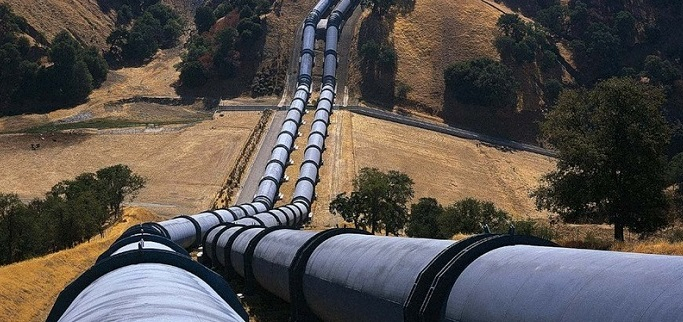
Practical information
China is facing a significant increase of its energy demand and has to deal with the critical issue of air pollution in its main cities. In this context, natural gas is becoming a key priority. Gas imports may triple by 2020 and China needs to secure and diversify its supplies and develop new energy partnerships. The country is also boosting its domestic production, notably in unconventional gas, and is committed in a difficult reform of natural gas prices. The aim of this event is to cover these developments and discuss their impacts on the Chinese energy market and on the international gas market.

Following the publication of Ifri’s note “Gas strategy of China: developing competition between national production and imports” by Sylvie Cornot-Gandolphe, the Ifri Center for Energy organizes a roundtable with Sylvie Cornot-Gandolphe, Associate Research Fellow at Ifri Center for Energy, Kevin Jianjun Tu, China Program Manager, International Energy Agency (IEA), Arnaud Erbin, International Director, European and International Affairs Direction, GDFSuez. Chaired by Marie-Claire Aoun, Director, Ifri Center for Energy.
The Seminar will be held in English
Other events

From Ambition to Action: Exploring Technological Partnerships with India
The 16th EU-India Summit, held on January 27th in New Delhi with European leaders António Costa, Ursula von der Leyen, and Prime Minister Narendra Modi, marks a significant milestone in deepening EU-India relations. At the same time, official bilateral visits from EU member states are on the rise, including that of the French President, who visited India in February to participate in the Artificial Intelligence Summit. As India asserts its technological ambitions and seeks to reduce its dependence on China, Europe is stepping up its efforts to diversify its strategic partnerships.

The Enlargement of the European Union: A Strategic Choice? France, the Western Balkans and the EU in an Uncertain Geopolitical Context
Russia’s war against Ukraine has brought the enlargement of the European Union back to the centre of European strategic debates. In this context, the Western Balkans have regained heightened visibility in discussions on the continent’s security, at a time when the international environment is marked by a growing number of destabilising factors.






